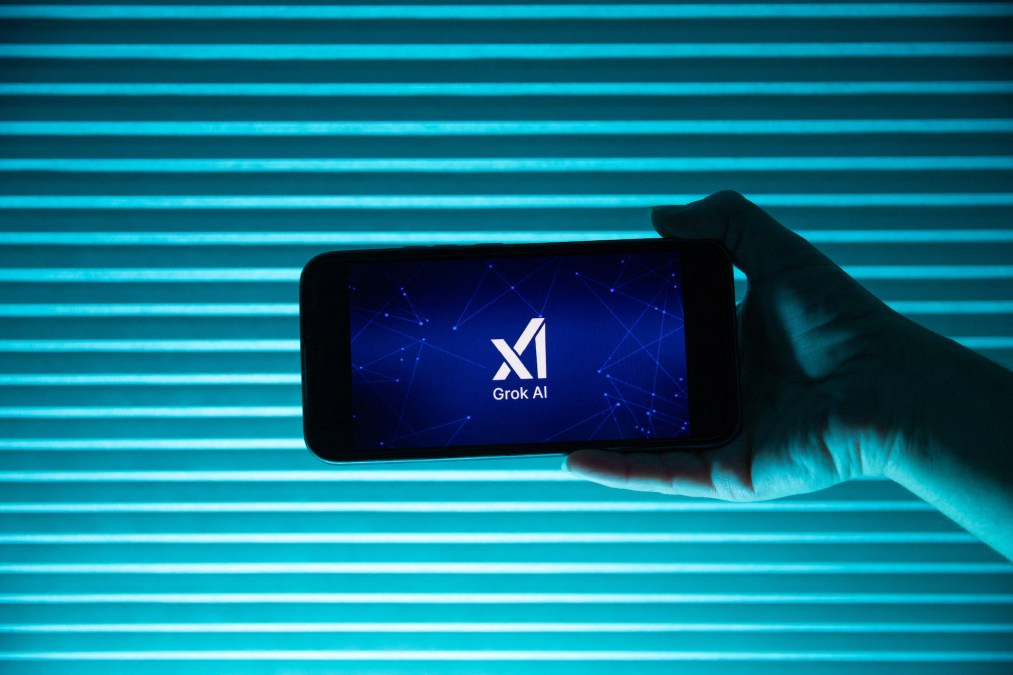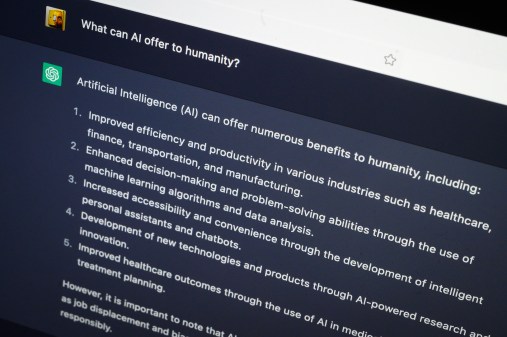Hegseth asked to defend Pentagon’s ‘uniquely troubling’ deal with Musk-owned xAI

Sen. Elizabeth Warren (D-MA) raised serious national security concerns this week about the Pentagon’s plans to integrate the controversial “Grok” chatbot into U.S. military operations via a recent high-dollar deal with tech billionaire Elon Musk’s company, xAI.
“As Secretary of Defense, you are responsible for protecting highly sensitive and classified information, procuring the best tools through a competitive acquisitions process, and ensuring that every servicemember is treated with dignity and respect. Instead, under your leadership, the department awarded a $200 million contract under questionable circumstances to incorporate an AI company with a product that provides misinformation and offensive, antisemitic responses into DOD’s operations,” she wrote in a letter to Pete Hegseth, delivered on Wednesday.
In the correspondence, first reported by The Verge, Warren asks the Pentagon chief to answer dozens of questions about the xAI contract, its full scope of work, ethics and accountability issues and more, by Sept. 24.
The Defense Department announced in July that its Chief Digital and AI Office (CDAO) partnered with xAI, Anthropic, Google and OpenAI — through four, separate $200 million agreements — to accelerate the department’s enterprise-wide adoption of some of the most sophisticated and still-emerging commercial algorithms and machine learning capabilities.
Also called foundation models, frontier AI refers to cutting-edge systems that are becoming increasingly intelligent at completing tasks like natural language processing, computer vision and reasoning. They are among the most powerful and complex AI systems being developed, and they hold potential to unlock both transformative benefits and catastrophic harm for society.
Not long after the four CDAO contracts were unveiled, experts, lawmakers and former defense officials spotlighted a range of concerns about transparency issues and unforeseen risks associated with the military’s application of the frontier models. In particular, they warned about existing risks that recently came to light in a viral incident where xAI’s Grok praised Adolf Hitler, referred to itself as MechaHitler, and generated other antisemitic content.
Musk’s xAI is also interested in working with the civilian side of the government beyond the national security realm. Earlier this summer, FedScoop reported that coders at the General Services Administration appeared to be trying to test Grok, and, soon afterwards, xAI revealed its plans to work with both the GSA and the Pentagon. Democrats on the House Oversight Committee sent a letter to GSA based on FedScoop’s reporting, and that agency has since doubled down on its plans to work with Grok.
Regarding the Pentagon’s near-term plans for the frontier AI models, experts also pointed to concerns about a lack of clarity about test and evaluation efforts to ensure the systems are safe for military use. They referenced the recent reduction of the department’s Office of the Director of Operational Test and Evaluation — and questions about whether the CDAO has retained any personnel who are focused on responsible AI in the wake of its recent shakeup.
As The Verge reported, OpenAI and Anthropic both disclosed that they recently opted to implement new safeguards because their models appear to be approaching high-risk levels for possibly helping produce biological or chemical weapons, while xAI has not alluded to having such protections.
Warren’s press secretary told DefenseScoop on Wednesday that the senator only sent Hegseth a letter with concerns about the Pentagon’s work with xAI, and that there has been no correspondence so far about OpenAI, Anthropic or Google.
The lawmaker, a long-time vocal critic of Musk’s business practices and influence in the U.S. government, wrote in her letter to Hegseth that “while DOD also awarded contracts to [those three companies], the contract with xAI is uniquely troubling.”
Warren said “the circumstances under which the company received the contract raise questions about whether” Musk — who served as a special government employee and high-level White House adviser under President Donald Trump — had undue influence, and could use this agreement to harvest servicemembers’ personal data to train his AI.
When asked about the letter’s concerns, and if Hegseth plans to respond, a Pentagon spokesperson told DefenseScoop in an email: “For Congressional correspondence, the department responds directly to the author.”
The Defense Department has not publicly acknowledged any awards made by the CDAO under the four frontier AI contracts since their inception, and no public contracting records have been posted online about the deals to date.
Spokespersons from xAI did not respond to DefenseScoop’s request for comment on Thursday.
Editor’s note: FedScoop’s Rebecca Heilweil contributed reporting.






